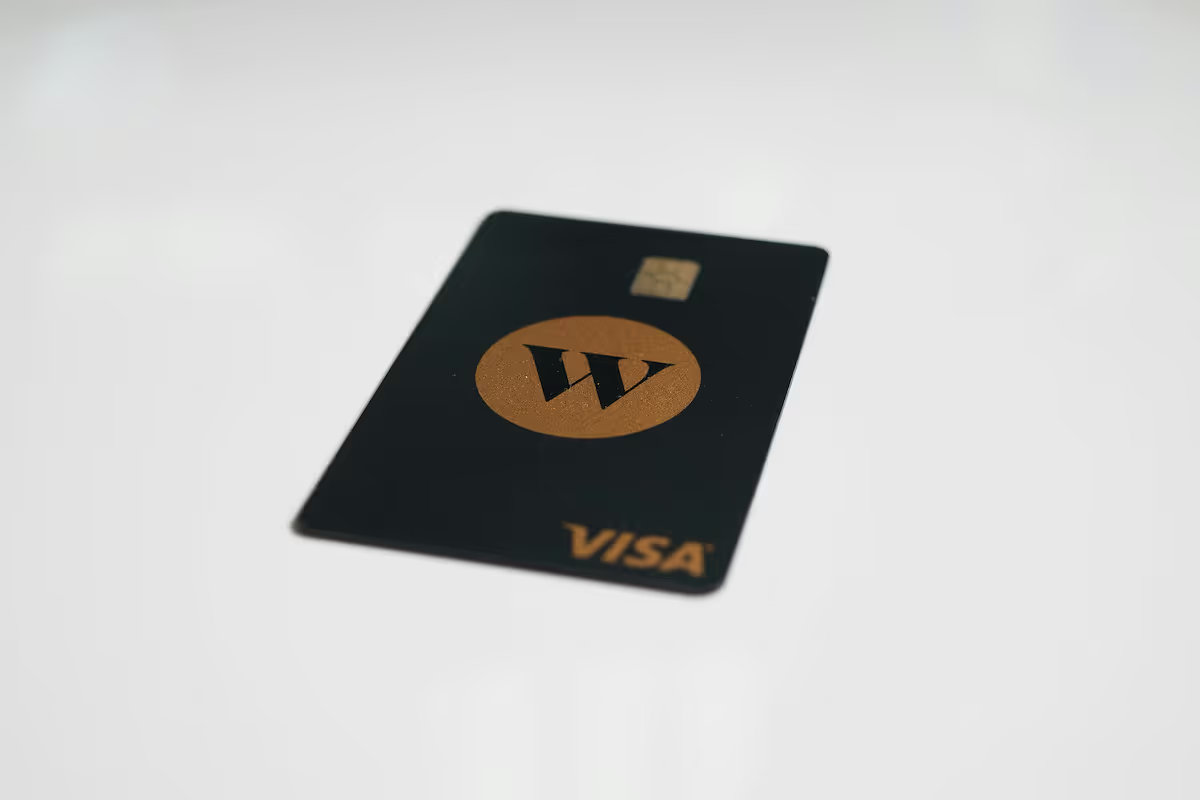
Kudos has partnered with CardRatings and Red Ventures for our coverage of credit card products. Kudos, CardRatings, and Red Ventures may receive a commission from card issuers. Kudos may receive commission from card issuers. Some of the card offers that appear on Kudos are from advertisers and may impact how and where card products appear on the site. Kudos tries to include as many card companies and offers as we are aware of, including offers from issuers that don't pay us, but we may not cover all card companies or all available card offers. You don't have to use our links, but we're grateful when you do!
Does Not Paying Your Credit Card in Full Affect Your Credit Score?
July 1, 2025


Quick Answers
Paying less than the full balance, but at least the minimum amount, will not directly harm your credit score as it still counts as an on-time payment.
However, carrying a balance increases your credit utilization ratio, which can lower your score by signaling higher financial risk to lenders.
Consistently making only minimum payments leads to accumulating interest, significantly increasing the long-term cost of your purchases without benefiting your credit history.
What Is Not Paying Your Credit Card Bill in Full?
Not paying your credit card bill in full means you pay an amount less than the total statement balance by the due date. This can include making only the minimum payment required or any partial payment that leaves a remaining amount. The unpaid portion of your bill is then carried over to the next billing cycle, accruing interest.
This practice directly affects your credit utilization ratio, which is the percentage of your available credit that you are currently using. A higher balance carried from month to month results in a higher utilization ratio. This ratio is a significant component in calculating your credit score, and a consistently high figure can lower it over time.
How Not Paying Your Credit Card in Full Can Affect Your Credit Score
Contrary to popular belief, not paying your credit card in full won't directly tank your credit score, as long as you make the minimum payment. However, it can trigger a chain reaction.
- You Carry a Balance: When you pay less than the full statement amount, the remaining debt carries over. This balance begins to accrue interest, immediately increasing the total amount you owe.
- Credit Utilization Rises: Your credit utilization ratio—the percentage of your available credit you're using—is a major factor in your score. A higher balance means higher utilization, which lenders can view as a risk.
- Your Score May Dip: As your utilization ratio climbs (especially above 30%), credit scoring models may lower your score. This signals to potential lenders that you might be overextended financially.
- Interest Compounds: The carried balance doesn't just sit there; it grows due to compound interest. This can make the debt harder to pay down, keeping your utilization high for longer periods.
- Risk of Missed Payments Increases: If the balance swells too much from interest, making even the minimum payment can become a struggle. A single late or missed payment will directly and significantly harm your credit score.
How Much Will Not Paying Your Credit Card in Full Affect Your Credit Score?
The exact impact on your credit score from not paying your credit card in full can vary based on several factors. Here are the key elements that credit scoring models take into consideration:
- Credit Utilization Ratio. This ratio measures how much of your available credit you're using. Carrying a balance increases this ratio, which can negatively affect your score, as lenders prefer to see lower utilization.
- Payment History. As long as you make at least the minimum payment on time, your payment history remains positive. A missed payment, however, can significantly damage your credit score and stays on your report.
- Total Debt. Carrying a balance contributes to your total amount of debt, which scoring models evaluate. A higher overall debt load can be seen as a risk by potential lenders.
How You Can Avoid Not Paying Your Credit Card in Full From Affecting Your Credit Score
Make More Than the Minimum Payment
While paying in full is ideal, consistently paying more than the minimum due can still help. This approach reduces your principal balance faster, which lowers your overall credit utilization over time and signals responsible financial management to the credit bureaus, potentially softening any negative impact.
Pay Before Your Statement Closes
Your card issuer typically reports your balance to credit bureaus after the statement closing date. By making a payment before this date, you can lower the reported balance. This strategy directly reduces your credit utilization ratio for that month, helping to protect your credit score.
Ways to Improve Your Credit Score
Your credit score plays a crucial role in your financial life, but it’s not set in stone. Through consistent, positive actions, it is always possible to improve your creditworthiness and maintain a healthy financial profile.
- Monitor your credit reports. Regularly checking your reports from the major bureaus, which you can do for free at AnnualCreditReport.com, helps you identify and dispute inaccuracies or detect identity theft early.
- Establish automatic bill payments. Your payment history is the most significant factor in your score, so setting up automatic payments is a simple way to ensure you never miss a due date.
- Reduce your credit utilization ratio. Lenders prefer to see a ratio below 30%, so paying down balances and keeping them low shows you can manage credit responsibly.
- Become an authorized user. Being added to the credit card of someone with a strong payment history and low utilization can help you build your own credit file.
- Diversify your credit mix. Showing that you can handle different types of credit, such as revolving credit and installment loans, demonstrates financial responsibility to lenders.
- Limit hard inquiries. Applying for too much new credit in a short period can temporarily lower your score, so it's best to space out applications.
The Bottom Line
Not paying your credit card in full won't hurt your payment history if you meet the minimum. However, the resulting higher credit utilization ratio can lower your credit score.
Frequently Asked Questions
How quickly will a late payment hurt my credit score?
A late payment can damage your score as soon as it is reported to credit bureaus, which typically happens once an account is 30 days past due.
Does carrying a balance hurt my score if I make minimum payments?
Yes, carrying a high balance increases your credit utilization ratio. This key factor can lower your score even if you consistently make minimum payments on time.
Will paying off a collection account remove it from my credit report?
No, paying a collection account will not remove it. It will be updated to "paid," which looks better to lenders, but it remains for seven years.

Supercharge Your Credit Cards
Experience smarter spending with Kudos and unlock more from your credit cards. Earn $20.00 when you sign up for Kudos with "GET20" and make an eligible Kudos Boost purchase.
Editorial Disclosure: Opinions expressed here are those of Kudos alone, not those of any bank, credit card issuer, hotel, airline, or other entity. This content has not been reviewed, approved or otherwise endorsed by any of the entities included within the post.





















.webp)
.webp)
.webp)
.webp)















